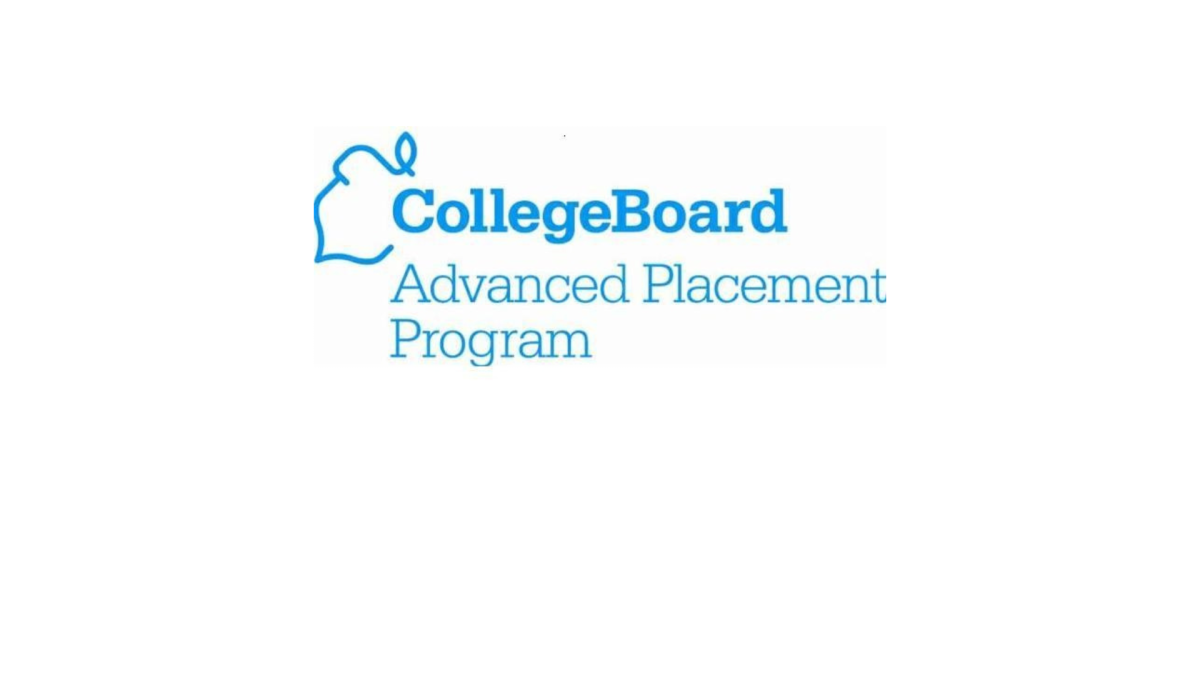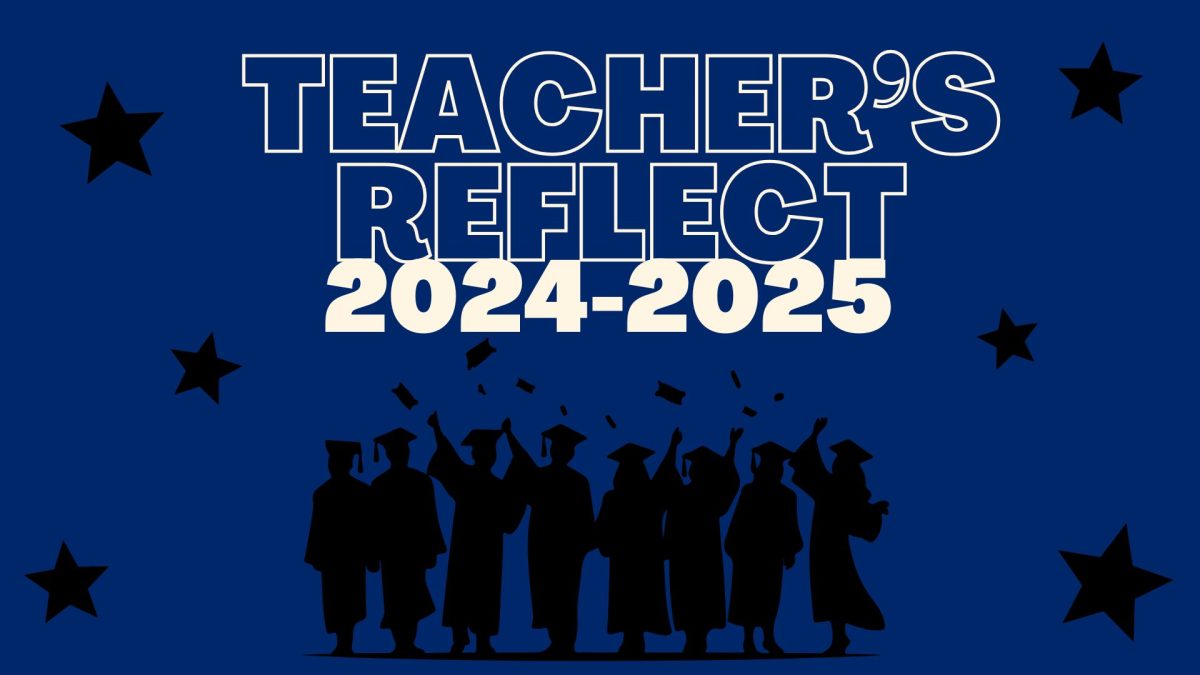In a vocal and wide ranging roundtable with student journalists from across Fairfax County Public Schools, Superintendent Dr. Michelle Reid broke down the priorities of the $4 billion FY 2026 Advertised Budget and addressed student concerns about how the funding will impact school life, teachers, and student opportunities.
Rather than focusing on launching new programs, Dr. Reid emphasized that the proposed $297 million budget increase is largely targeted at retaining high quality educators and maintaining existing programs.
“One of the most important indicators of a quality education is the quality of the instruction—and that begins with the quality of the instructor,” Reid said. “This past year, we reduced teacher turnover by 40%, and a key reason was our increased focus on competitive compensation. Keeping experienced educators is essential for student success.”
A key aspect of the budget includes the implementation of Fairfax County’s new collective bargaining agreement, which proposes a 7% raise in the first year for FCPS employees, followed by 3% raises over the next two years. Dr. Reid noted this is a strategic move to elevate FCPS salaries, which have fallen behind other regional districts.
“Without competitive salaries, we risk becoming a training ground for other districts that pay more,” Reid said.
Despite questions and concerns about potential program cuts, Dr. Reid reassured students that the division is not planning to eliminate existing programs.
“We’ve worked on finding efficiencies,” Reid said. “For instance, the middle school after school program was reduced, but that’s actually funded by the county—not the school division. We hope they’ll reinstate it.”
Concerns about equity funding for extracurricular programs, like journalism, were also raised. A student from Langley High School highlighted a $3,400 shortfall for their school magazine. Dr. Reid explained that funding for such programs is typically managed at the school level through discretionary budgets.
“The division provides a certain amount of funding for schools that’s discretionary, and so that would be something to talk to your new principal at Langley about,” Reid said.
Furthermore, in response to questions about financial sustainability, Dr. Reid acknowledged the district’s increasing dependence on county transfers, over 70% of the total budget, and the reliance on residential property tax was due to a decline in commercial property occupancy.
“That puts a heavy weight on homeowners. But the core investments, retirement, healthcare, preschool expansion, these are not optional. They’re have-to-do’s,” Reid said.
Following the roundtable, Dr. Darin Thompson, principal of Hayfield Secondary School, shared his take on the new budget and emphasized his top priorities for Hayfield.
“Our priorities at Hayfield entail resources to support instructional delivery and student safety,” Dr. Darin Thompson said.
Following the roundtable discussion, on May 13th the Fairfax County Board of Supervisors rejected the proposed budget, which resulted in devastating cuts of $121 million in reductions to Dr. Reid’s proposed budget.
After reworking the numbers under the new approved amount, on May 22, the school board unanimously voted for the approval and adoption of the newly proposed 2026 budget.
Such reductions to the budget include a 6% increase for educators instead of the proposed 7%, and a staffing formula adjustment, which is set to increase class sizes due to the reduction of general education positions in elementary, middle, and high schools. Additionally, the approved budget also delays new social studies curriculums and reduces central office budgets by 3%, eliminating funding for various things. In all, these cuts and reductions will seem to have a lasting impact on classrooms and staff.



























![College Enrollment & Student Demographic Statistics/College Enrollment Statistics [2024]: Total + by Demographic. National Center for Education Data Statistics](https://harvesternews.com/wp-content/uploads/2025/01/5GMLVvcK6I03IBLXOZdZvDN2ZZElnhU4dTMurAbC.png)
